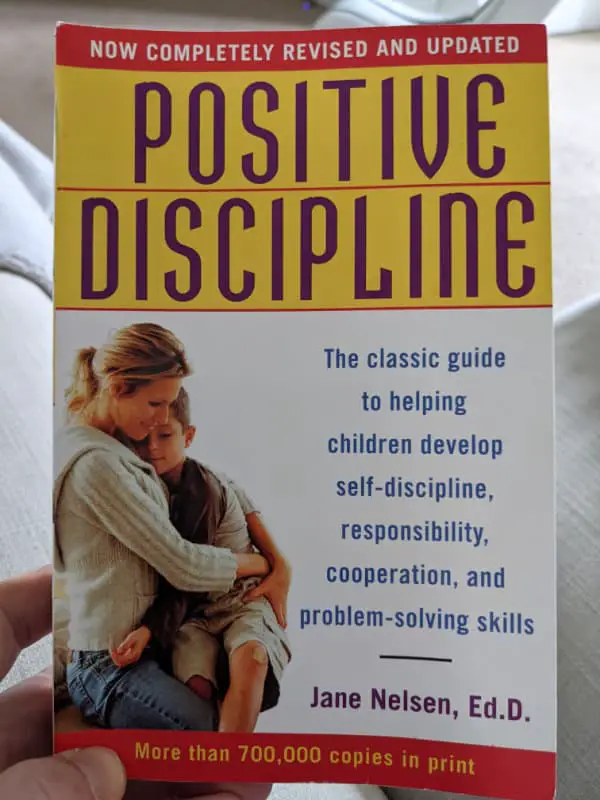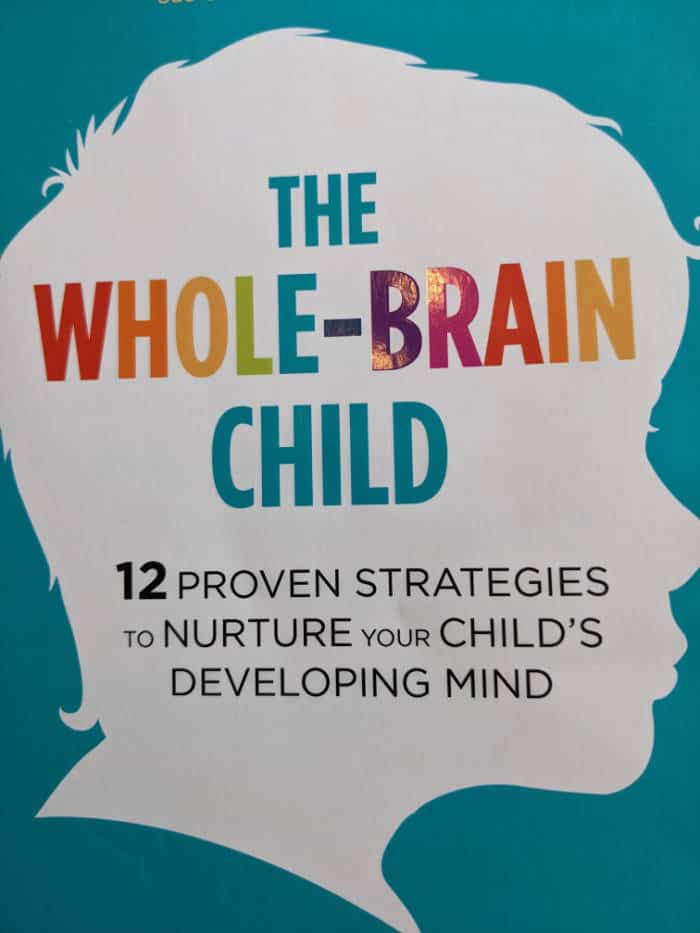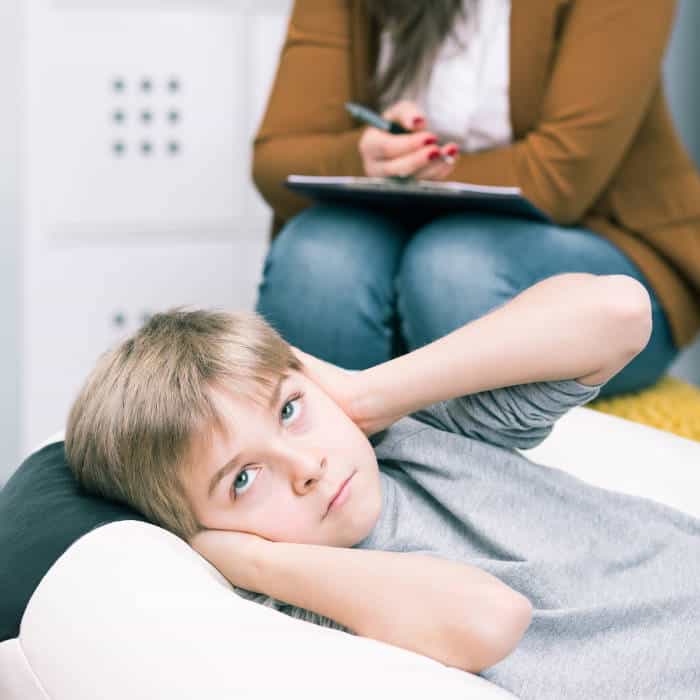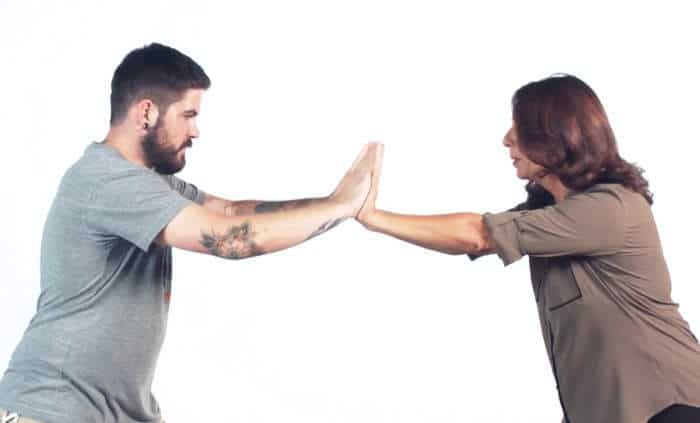Intrigued by the book title? I certainly was, it’s exactly what every parent wants desperately to be able to do. Get your kids to actually listen to you!
I can tell you from first hand experience that inspirational quotes for kids aren’t going to work to motivate them. I think I asked my son 6 times to put his coat on this morning. I’m sure he didn’t actually hear me once…. sound familiar?
So how exactly do you talk so that little kids will listen? Well, here’s my take on how worthwhile an investment I think this book is.
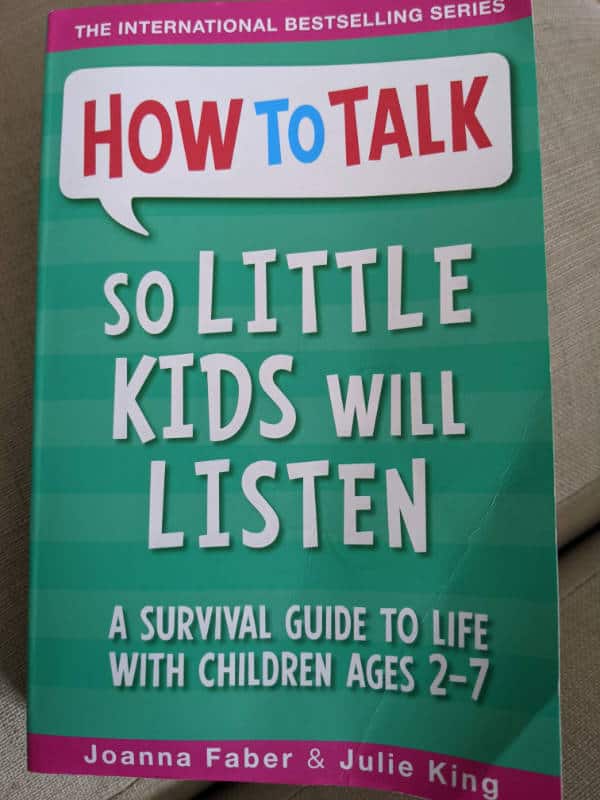
This book is written by Joanna Faber and Julie King and is part of a series of books they’ve written with similar titles that address slightly different parenting issues:
- How To Talk So Kids Will Listen and Listen So Kids Will Talk
- How To Talk So Kids Can Learn At Home and In School
- How To Talk So Teens Will Listen And Listen So Teens Will Talk
- How To Talk – Siblings Without Rivalry
However this particular ‘Little Kids’ book in the series is designed around talking to children from ages 2 to 7. This age has is challenges (like any age with children), and because children this age go through different issues than older children, the solutions also differ.
This book is split into 2 halves, the first is the tools (the ‘essential toolbox’) and the second is the tools ‘in-use’ (examples and stories).
The ‘essential toolbox’ is 5 chapters each of which deals with a specific issue. Those being:
- How to handle emotions
- How to engage co-operation
- How to resolve conflicts
- How to praise and appreciate
- Tools for kids who are just wired differently
Each of these chapters addresses these issues, explains the reasoning behind things like a childs overwhelming emotions and gives you a set of several ‘tools’ to help you deal with them. These ‘tools’ are effectively ways to talk to your child to help in that situation.
Here’s an example from the ‘tools for handling emotions’ chapter. You take your kid to the ice cream parlor for a much deserved treat. But unfortunately, it’s closed (and you didn’t check before you left). Result = upset child who can’t understand how to process this without a potential meltdown. What do you do? Well why not try starting a conversation about what you’d do if you had the keys to the store… how big an ice-cream would you serve yourselves? Get the idea?? That’s one way, but there are 4 others in this section to read through.
After explaining the issue, giving you the tools to help with it and a few example real life stories of using it, the chapter ends with a useful roundup and summary.
Both Joanna and Julie have run parenting workshops for many years. This is evident in the book as it’s stuffed full of example stories, in fact the second half of the book is exactly that. Stories of these techniques in use in everyday life. Stories from real moms and dads that have been recited in their workshops. Issues you will come across and ways you might think to solve them.
This book is 390 pages long, but don’t think it’s going to take you days to read. The layout really lends itself to dipping in there and there and skim reading. Read the start of the first five chapters (or the one you are interested in), read about the ‘tools’ or techniques to solve the issue and the chapter summary at the end. You’re clued up. You can skip over a lot of the stories and examples if you don’t feel you need to go through them all. Those first five chapters have the most useful information packaged inside.
You might well have used some of these techniques before without even thinking about it. Like using a funny voice to make a chore or request more palletable. However there’s sure to be something you haven’t thought of yet
Summary
Light quick and easy read, useful techniques. Maybe a little overloaded with example stories for my liking, I’d have liked more tools!
If found this a very useful read, well worth picking up. It might just make you think slightly differently about your next interaction with your little cub!


